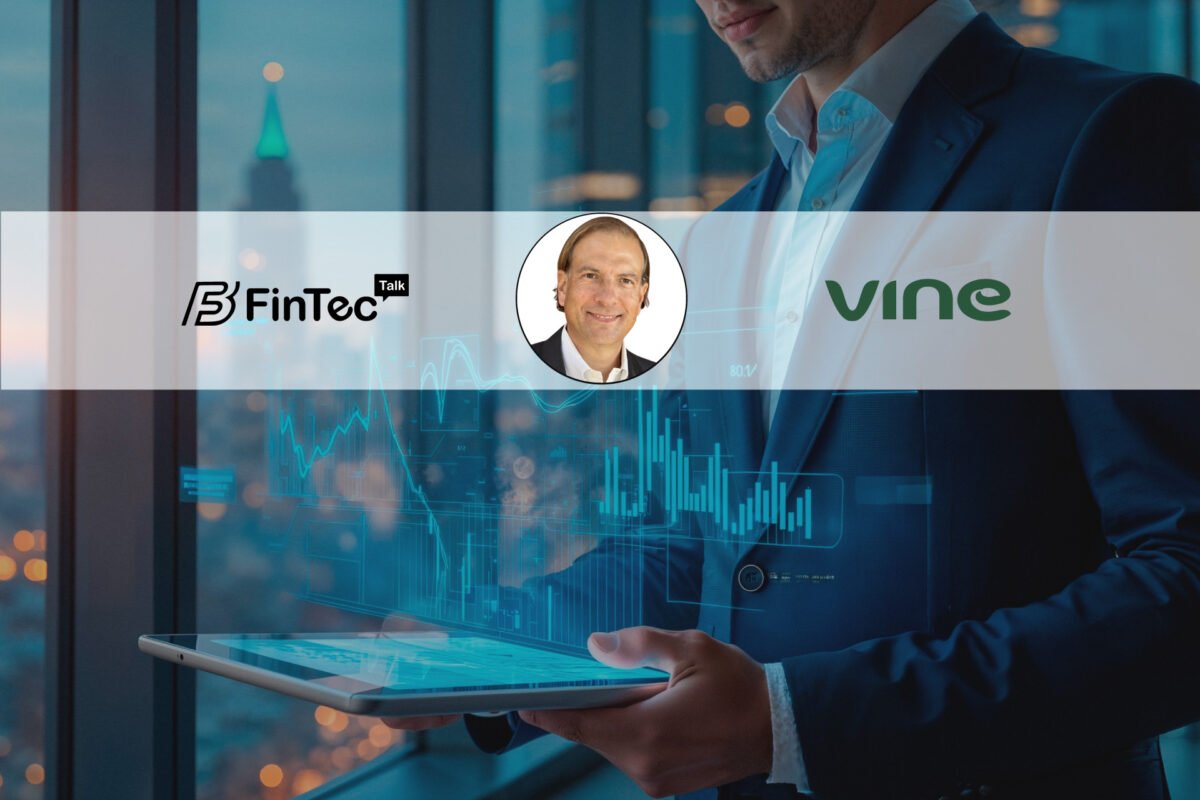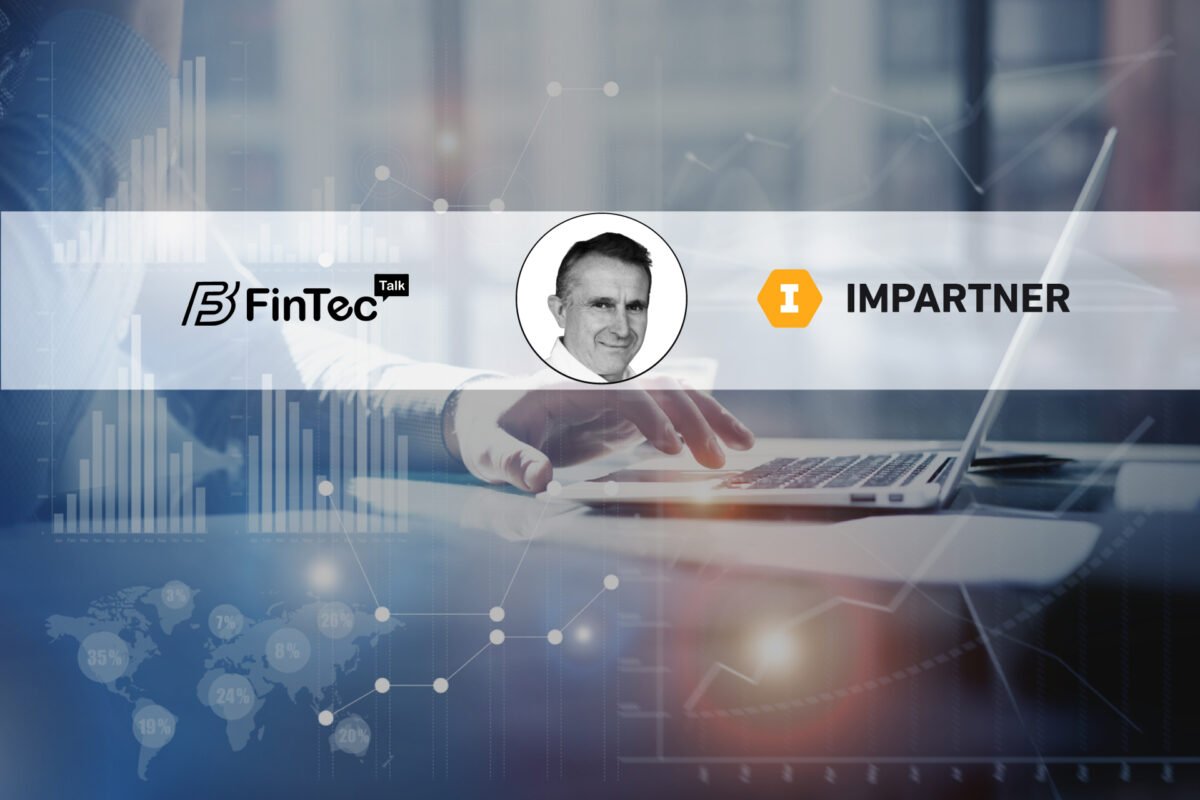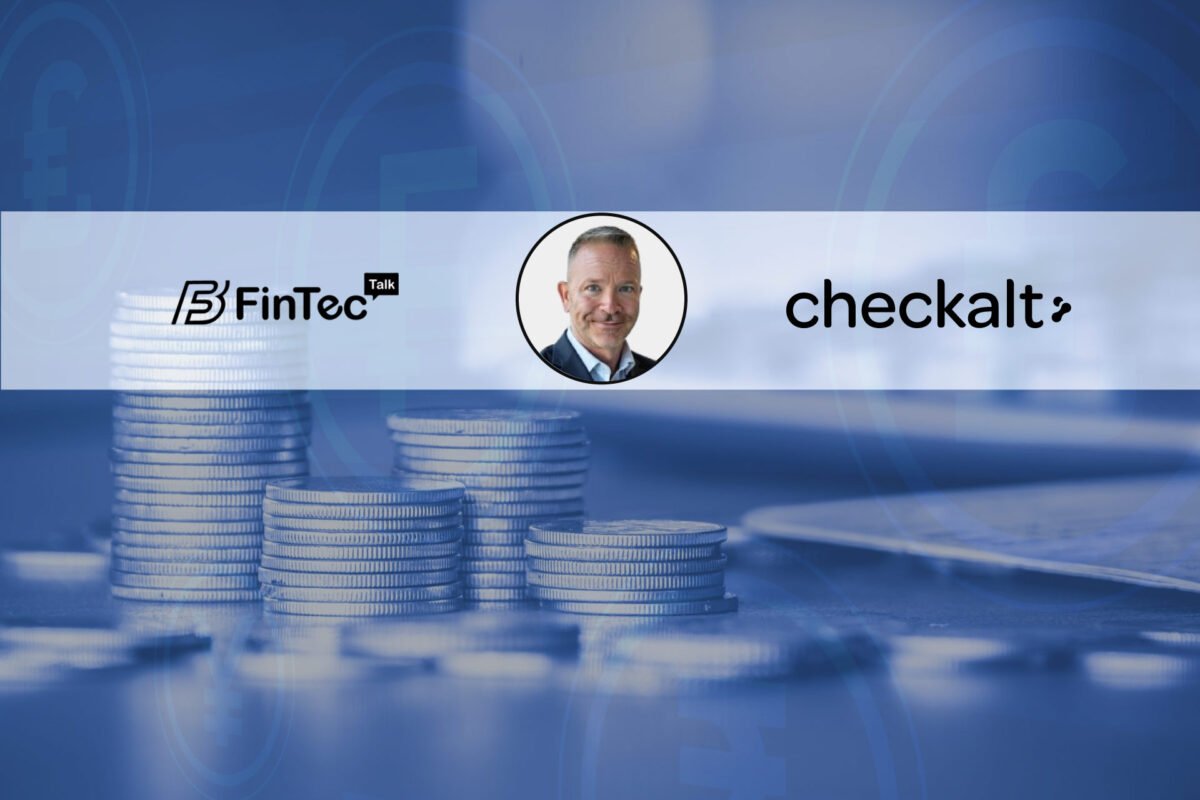Nedim Nisic explains how he utilises strategic planning, stakeholder management, and sustainability advocacy for Mondi’s growth.
Can you please share your experience as the eCommerce Director at Mondi and how it has shaped your professional growth?
As the eCommerce Director at Mondi, I lead the development of packaging strategies tailored to online businesses. Balancing economic goals, sustainability, and consumer expectations is crucial, and so I remain up-to-date on industry trends and how to integrate sustainable practices into our solutions.
Challenges such as shifting consumer behaviour, government regulations and climate change have allowed me to hone my skills in strategic planning, stakeholder management, and sustainability advocacy as well as stretch the boundaries of innovative thinking within the packaging design process. Overall, this role has significantly shaped my professional growth by navigating complexities and driving positive change in the eCommerce packaging sector.
How crucial do you believe collaboration between eCommerce platforms, packaging industry stakeholders, and other entities is to addressing sustainability concerns and meeting consumer expectations?
This collaboration is essential, and we are working together to discover and enhance solutions that are better for both the planet and consumers.
Amid the Covid years, eCommerce saw a significant surge. This landscape has shifted, and consumers are closely considering where they find the best value for their money. Online offers are not automatically favoured, as physical stores can attract customers with special deals and typically incur lower transport costs.
Companies in the packaging and transportation/logistics sectors collaborate as an example of a value chain partner. We can contribute to sustainability and reduce CO₂ impact by optimising the efficiency of delivery fleets, enabling more packages to be transported within the same space.
Moreover, alongside meeting consumer expectations, sustainability demands, and a genuine ethical commitment to environmental stewardship, the entire value chain can partner with brands and retailers to drive rapid progress across the sector.
How do you approach developing eCommerce packaging strategies that balance consumer aspirations for sustainability and their actual habits?
Consumers are keen to get the best value for their money, and companies have to ensure that their products and services are sustainable and cost-effective. If we choose sustainably sourced raw materials, and ensure the packaging can be easily recycled after use, we are addressing not only our key concerns but also those of our customers and their consumers.
As a packaging supplier, developing eCommerce packaging strategies that balance consumer aspirations for sustainability with their actual habits requires a nuanced approach. Firstly, we conduct thorough market research to understand consumer preferences, behaviours, and evolving trends related to sustainability in packaging.
Next, we collaborate closely with our eCommerce clients to align their sustainability objectives with practical solutions. This involves leveraging innovative materials and design techniques to create packaging that meets both environmental goals and logistical requirements, such as durability and protection during shipping.
That is why it is critical for us to sit down with the customer and analyse exactly which mix of measures makes the most sense for them and their products. Based on that, we are creating fit-for-purpose eCommerce packaging, which is sustainable by design, functional during the whole supply process and also creates a great unwrapping experience for online shoppers.
How does packaging agility influence the consumer experience and affect spending habits and shopping frequency?
For most eCommerce consumers, their priority is to receive what they have ordered as safely and quickly as possible. Translated into the world of the packaging industry, this means focusing on packaging stability with as little empty space as possible. We can offer this to our customers through sustainable packaging materials in suitable sizes as well as through materials that can be easily adapted to different product requirements – from electronic devices to fashion items to food.
For example, with the latest annual survey, we found that for consumers, a very important aspect of packaging is the ability to reseal the package for return shipment and its potential reusability factor. Our survey showed that one-third of respondents across all age groups and nations survey (Germany, France, Poland, Sweden, Turkey and Czech Republic) consider ‘easily resealable packaging’ to be very important, but regional differences, for instance, revealed that Turkish consumers are the most demanding in this regard, with nearly half of respondents rating it as important. This goes hand in hand with sturdy packaging that will not rip easily and is simple to return or reuse, both of which add to consumers’ sense of satisfaction and commitment to sustainability.
And there are other “annoyances” that we’ve identified in the unboxing experience including excess packaging material, packaging that is hard to open or unattractive, or hard to store, reuse or recycle.
All of these critical details are shaping and influencing the consumer’s experience, choices in purchasing, and whether they’d buy from that retailer again based on their overall experience. Just as much as the product itself, the packaging experience determines how consumers perceive the brand’s reputation and quality.
How can businesses address the challenges posed by inefficiencies in the packaging process, tightening sustainability requirements, and the resulting pressure on warehouse space and the availability of trained teams?
I think it truly comes down to defining the problem being faced. We know, typically from the packaging process point of view, that the biggest challenges are (a) storing the necessary materials and (b) making the packaging process as uncomplicated and efficient as possible.
I’ve seen and heard from conversations with customers as they scale their business, for example, going from 4000 orders one day to 8000 at the weekend because of successful marketing and the next thing they know. There’s an extreme peak in demand. Then they’re understaffed, have limited warehouse space, and have an increased cost of packaging materials and labour required to fulfill all these extra sales. They needed to double the amount of their packers and increase the packing speed. However, being able to specifically identify these challenges—and how they can be solved conceptually—is the prerequisite to knowing which equipment, suppliers, platforms, and packaging companies you can work with. Ultimately, this company opted for an automated packaging machine stored within their warehouse that would allow them to fulfil the needed orders successfully. And that is one solution out of the many available, born from innovation and collaboration.
We provide our customers with numerous packaging solutions. For fine-tuning, we work with customers to analyse their requirements and portfolios and make recommendations. Finally, we work with all major manufacturers of packaging machines. Whatever the solution, the focus is on conserving resources and minimising energy consumption while designing packaging that fits our customers’ processes, protects the shipped goods, and is easy to handle by the person who receives the packaging.
Can you help our audience understand Mondi Group’s initiatives for sustainable eCommerce packaging and their role in reducing environmental impacts?
At Mondi, we are committed to innovative packaging and paper solutions that keep materials in circulation and avoid waste. Consumer demand for sustainable products continues to grow. Our approach to sustainability is captured in our Mondi Action Plan 2030, which has three main action areas: Circular Driven Solution, Empowered People and Taking Action on Climate.
Our focus lies on innovation, keeping materials in circulation and engaging with customers and partners to drive progress at scale. We consider the environmental impacts of our products at each stage of the value chain, from the sourcing of raw materials to material efficiency, product design and safety and sustainable end-of-life.
Ultimately, our top priority is finding solutions that exceed market expectations for performance while being sustainable by design. We tackle this problem from the customer’s perspective. When considering a problem from every angle, we use life cycle evaluations and other techniques to weigh the benefits and drawbacks of potential solutions.
Collaboration is crucial, whether it is bringing together various product phases or understanding a material’s lifecycle. It helps us identify the greatest solution for both the planet and our customers. Packaging for a circular economy is not easy, but our dedicated team is confident that we can provide our customers with the most sustainable solutions possible.
What factors contribute to the decline in overall online shopping frequency, and how does the behavior of Gen X, particularly their emphasis on finding the best pricing, impact their online shopping habits?
Online retailers experienced very strong growth during the pandemic years 2020 to 2022. It was to be expected that this trend would weaken again. This trend has been overshadowed by the effects of the war in Ukraine for the past two years and high inflation, which has added further momentum. However, this has nothing to do with customers’ dwindling interest in eCommerce but is linked to the weakening retail sector in general.
Even if people have cut their budgets, this won’t stop them from browsing online and if they find a good deal, it will still encourage them to purchase. More importantly, one of the biggest findings we saw from our recent survey is that almost half of the consumers surveyed bought something via social commerce in the last 12 months. While younger consumers might be focused on Instagram and TikTok, Gen X and older generations are more likely to buy through Facebook. This points to eCommerce brands having to seriously consider their presence and availability of products to buy from or via the social commerce space.
Let’s not forget the entire experience, so when they’re shopping on a website or a social media platform, it’s about making it as easy and pleasurable for consumers as possible.
How do consumers’ preferences for packaging quality and recyclability influence the handling of return costs, especially considering the rising sustainability concerns, and which demographic groups are most willing to bear these costs?
The main thing that retailers need to think about here is what actually happens after the unboxing experience. It’s one thing for customers to be satisfied with the product itself, another with what they can do with the packaging afterwards. They should be able to either reuse, recycle, or return it. According to our survey, “overpackaging,” for instance, is a major source of annoyance. Almost 47% of respondents feel that the quantity of internal packing would be detrimental, and a similar percentage would be discouraged from making another purchase if the packaging is difficult to dispose of for recycling. A third is expected to be refunded for returned or collected packaging.
These results highlight the significant potential for enhancing recurring business and consumer loyalty that eCommerce brands can achieve by prioritising these factors. In the event that the product does not satisfy the customer’s expectations, for any reason, the client has the right to return the goods in the most convenient way feasible. Our research indicates a significant opportunity for enhancing customer satisfaction and brand perception: nearly 40% of consumers prefer not to pay for returns. Millennials and Gen Z, in particular, show a higher willingness to accept return costs when necessary. By simplifying the return process and absorbing these costs, stores can remove obstacles, thereby improving their relationship with customers and enhancing the perceived quality of their brand.
In your perspective, what does the current market landscape in 2024 look like, especially concerning environmental concerns and the ease of packaging disposal? What trends do you anticipate emerging in this space based on your expertise?
I anticipate more brands committing to reducing packaging waste, investing in more sustainable materials, and taking a more active role in educating consumers on how they can easily dispose of their packaging for recycling, or reuse or return it. Our recent survey showed over 51% of consumers across all regions have recognised retailer’s efforts in reducing excessive packaging and becoming more sustainable. This is especially true of the younger demographic, with 57% of Gen Z saying that they acknowledge it (compared to 45% of Boomers), which is consistent with their behaviour to be more likely to purchase online and through social media channels.
Being an active participant in creating sustainable solutions and educating the wider markets as a collective effort and in conscious collaboration really is the only way forward.
Considering your wealth of experience, what advice would you give to eCommerce companies looking to improve their packaging practices to promote sustainability and enhance consumer satisfaction?
eCommerce will not replace conventional retail in all areas, but it will continue to gain ground. It still has many advantages.
My advice would be to focus on sustainable packaging solutions as consumers notice when brands invest in sustainable and fit-for-purpose packaging. While protection of goods tops the list of consumer requirements (88%), 74% rate sustainable packaging as important, and just as many want the packaging to be recyclable. Together, we can build a better future by collaborating on sustainable packaging solutions throughout the eCommerce value chain.




